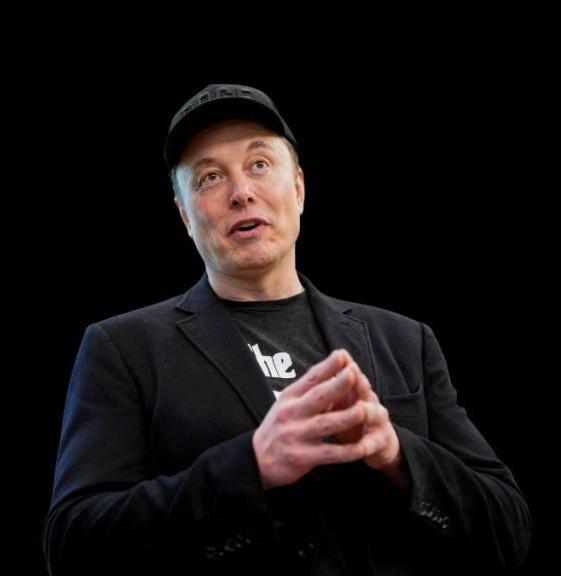
AI is already better than most doctors: Elon Musk
The rapid advancement of artificial intelligence (AI) has been a topic of discussion for many years now. While some have hailed AI as the future of human innovation, others have raised concerns about its potential impact on various industries, including the medical profession. Recently, billionaire Elon Musk weighed in on the matter, stating that AI is already better than most doctors. This bold claim has sparked a heated debate about the capabilities of AI in the medical field.
The statement was made in response to a cancer survivor who credited ChatGPT, a popular AI language model, for aiding her treatment. The survivor shared her remarkable story on social media, revealing how the AI helped her challenge doctors’ opinions and make better decisions about her treatment. This remarkable tale caught the attention of Elon Musk, who responded by saying, “AI is already better than most doctors. That’s the honest truth.”
Musk’s assertion is not without merit. AI has already made significant strides in the medical field, particularly in areas such as disease diagnosis, treatment planning, and personalized medicine. AI-powered systems are capable of analyzing vast amounts of medical data, identifying patterns, and providing accurate diagnoses at an unprecedented speed. In some cases, AI has even outperformed human doctors in terms of accuracy and efficiency.
One of the most impressive examples of AI in medicine is the development of AI-powered diagnosis systems. These systems use machine learning algorithms to analyze medical images, such as X-rays and MRIs, and identify potential health issues. In some cases, AI-powered diagnosis systems have been able to detect diseases earlier and more accurately than human doctors.
Another area where AI is making a significant impact is in the field of personalized medicine. AI-powered systems are able to analyze an individual’s genetic profile, medical history, and lifestyle to provide personalized treatment recommendations. This approach has shown significant promise in the treatment of complex diseases such as cancer, where traditional treatments often have limited success.
Despite the many benefits of AI in medicine, there are still concerns about its potential impact on the medical profession. Some argue that AI could replace human doctors, leading to job losses and a decline in the quality of medical care. Others worry that AI could lead to a lack of empathy and human connection in the medical profession, as patients may feel more comfortable interacting with machines than with human doctors.
In response to these concerns, many experts argue that AI is not intended to replace human doctors, but rather to augment their abilities. AI can provide valuable support to doctors, helping them to make more informed decisions and improve patient outcomes. Additionally, AI can help to alleviate some of the administrative burdens on doctors, allowing them to focus more on patient care.
Musk’s statement that AI is already better than most doctors is certainly provocative, but it is also based on the current state of AI technology. While AI is certainly impressive, it is important to recognize that it is still a developing field, and there are many challenges that must be addressed before it can be widely adopted in the medical profession.
One of the biggest challenges facing AI in medicine is the development of high-quality training data. AI systems require large amounts of data to learn and improve, but it can be difficult to obtain high-quality data in the medical field. This is particularly true for rare diseases, where there may be limited data available.
Another challenge facing AI in medicine is the development of explainable AI. As AI becomes more prevalent in the medical field, it is essential that patients understand how AI-based decisions are being made. This requires the development of AI systems that can provide clear and concise explanations of their decision-making processes.
Despite these challenges, the future of AI in medicine looks bright. As the technology continues to evolve, we can expect to see even more impressive applications of AI in the medical field. From personalized medicine to disease diagnosis, AI is likely to play a major role in shaping the future of healthcare.
Conclusion
Elon Musk’s statement that AI is already better than most doctors is certainly a bold one, but it is also based on the current state of AI technology. While there are still many challenges facing the development of AI in medicine, the potential benefits are undeniable. As AI continues to evolve, we can expect to see even more impressive applications of AI in the medical field. From personalized medicine to disease diagnosis, AI is likely to play a major role in shaping the future of healthcare.
News Source:






